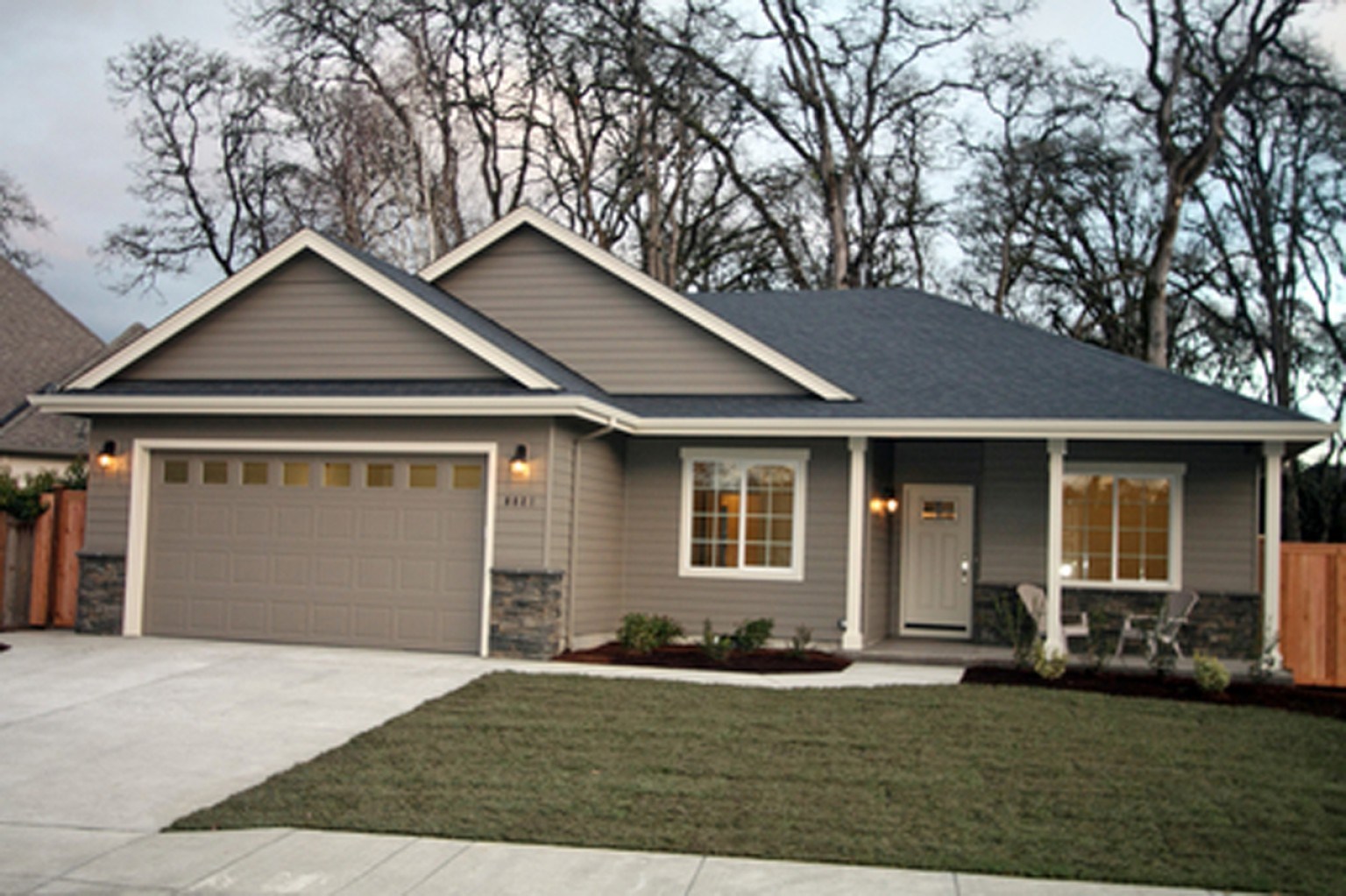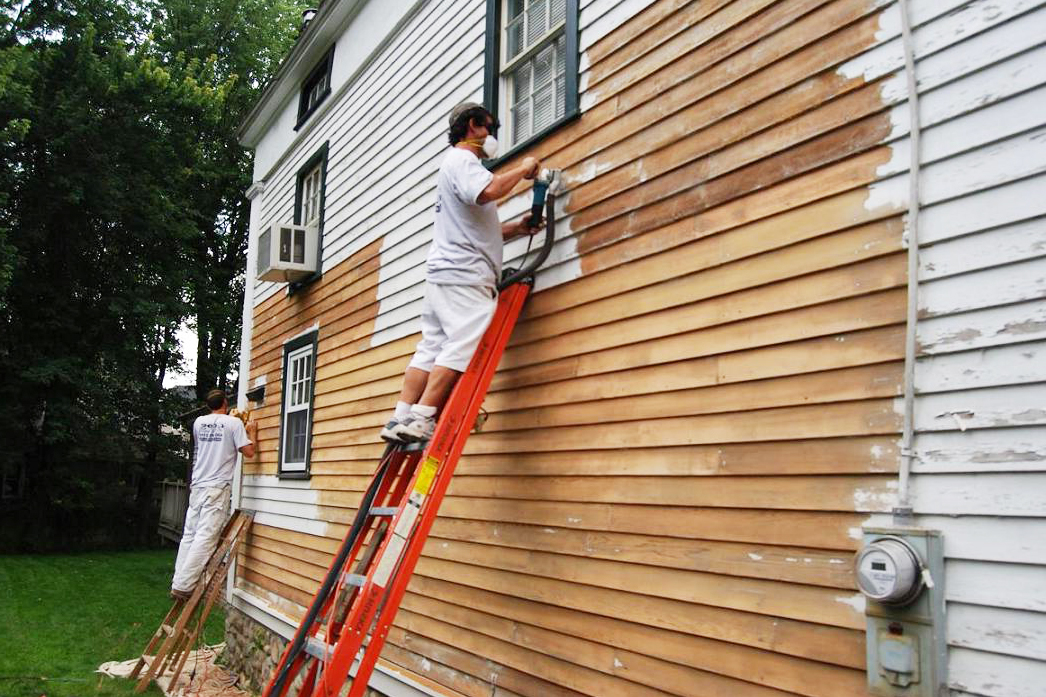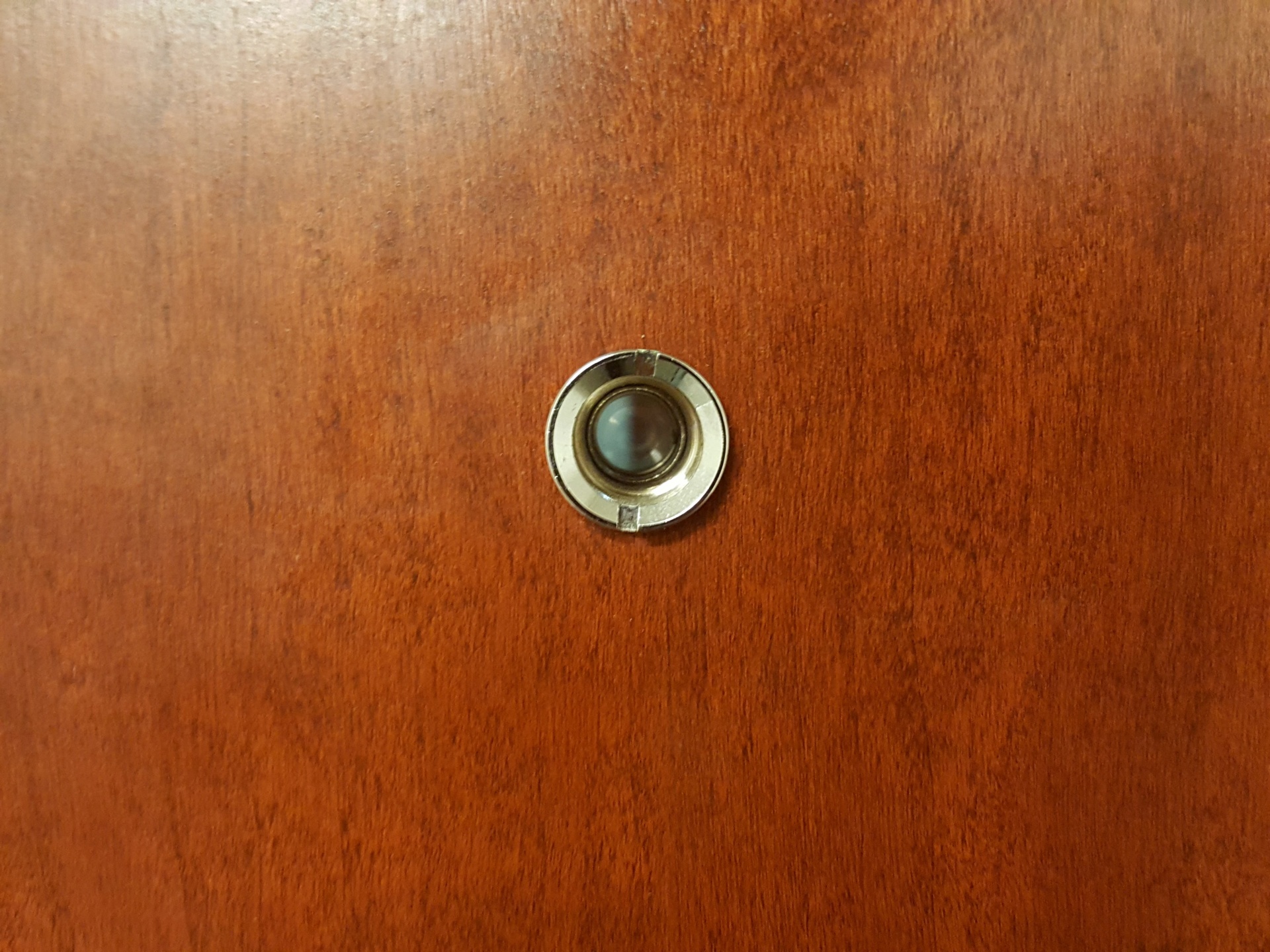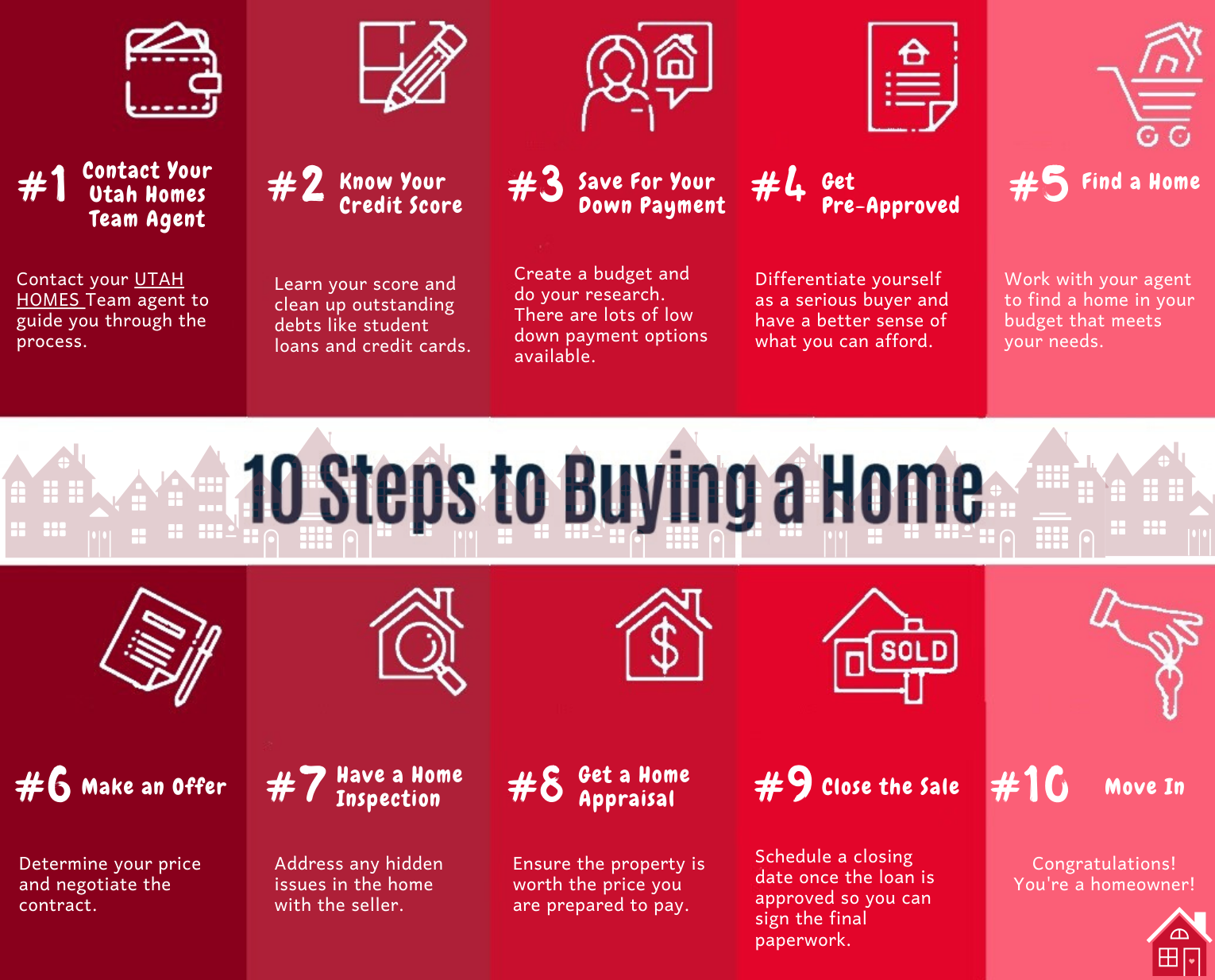Table Of Content
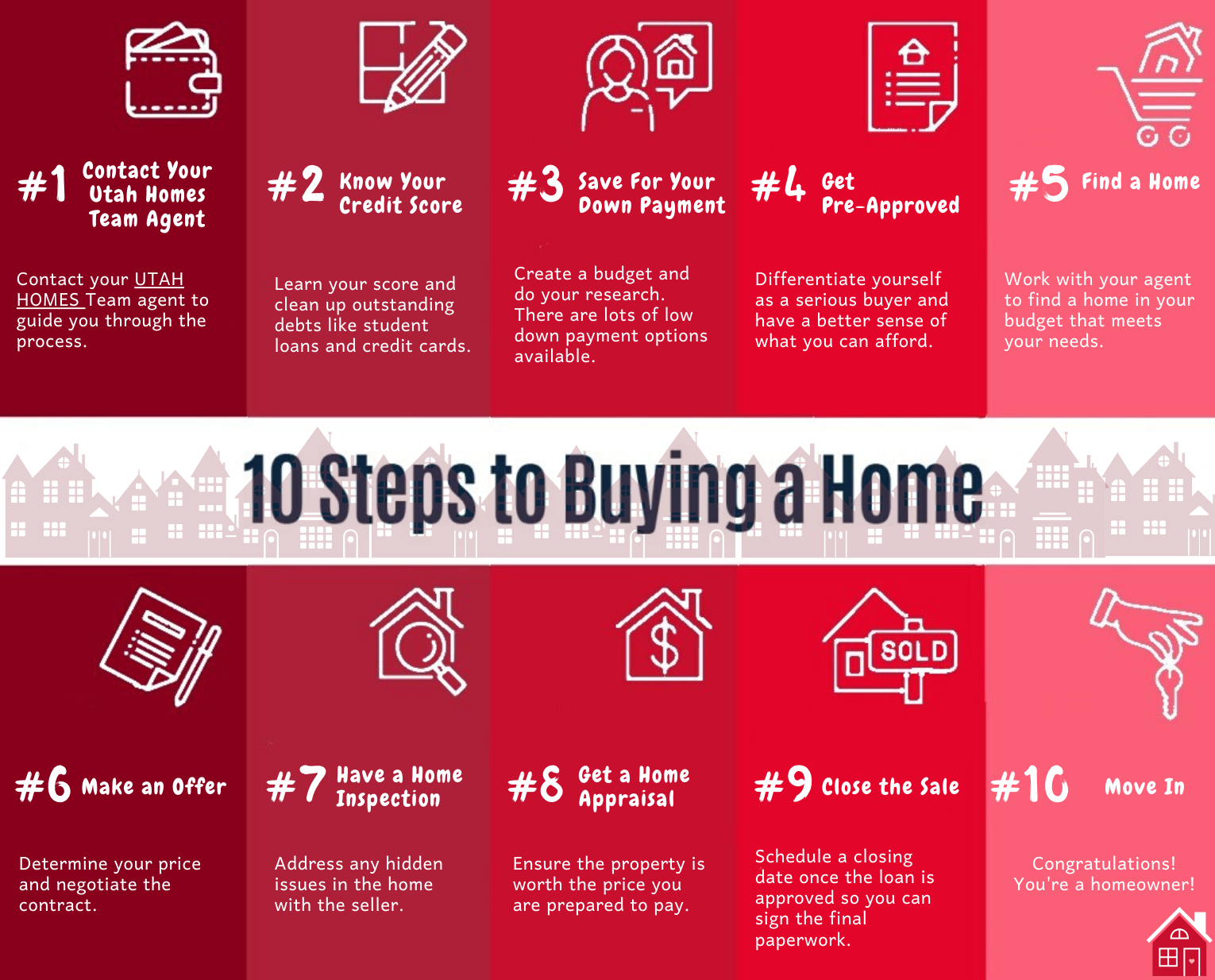
If you owe $200,000 on your mortgage and your home is worth $300,000, then your equity is $100,000. If you put down less than 20%, you can ask your lender to remove PMI once you’ve reached 20% equity in your home. Before deciding on the size of your down payment, weigh the pros and cons of a large down payment to see what will work best for your finances and goals. Unless you plan to rely on hand-me-downs or use your furniture from your previous home, you’ll need to budget for new furniture. You might also prefer to replace the struggling refrigerator or laundry set you inherited from the previous homeowner.
Report: How much you should make to afford a home in Seattle - KING5.com
Report: How much you should make to afford a home in Seattle.
Posted: Thu, 29 Feb 2024 08:00:00 GMT [source]
Ways To Buy a Home When You Don’t Have Much Savings
For example, if you close on April 20, you will prepay on interest through April 30. In addition, several low- and no-down payment mortgages allow for even less money upfront. Some conventional mortgage programs backed by Fannie Mae and Freddie Mac require just 3 percent down.
How We Make Money

Some loan programs, such as FHA, VA, and USDA, allow the use of non-traditional credit on a mortgage application. You could establish creditworthiness through things like utility payments, rent payments, insurance payments, and cellphone payments. Although, mortgage rates tend to be significantly higher for these types of special considerations. The good news is, requirements to buy a house are more lenient than many first-time home buyers expect. Lenders can often be flexible when it comes to things like credit and down payment. USDA loans require no down payment, and there is no limit on the purchase price.
First-Time Home Buyer
In most cases, you can ask your lender to cancel PMI as soon as you have paid down the balance to below 80% of the home’s value—or if the home rises in value, though a new appraisal may be needed. Note that mortgage insurance on FHA loans is applied differently and can be more difficult to get rid of without refinancing. Mortgage payments are amortized, which means the size of the payment (on a fixed interest-rate loan) stays the same throughout the repayment period. The amount going toward interest gradually decreases while the amount going toward principal gradually increases. Each payment builds equity though and you will build equity faster if you start off with a larger down payment. Once you’ve saved your down payment and decided which mortgage loan best suits your needs, you’re ready for action.
How much can I afford to spend on a house?
The higher your down payment, the more likely you are to qualify for a loan with a low interest rate, too. If you put at least 20% down and want a conventional home loan, you can avoid private mortgage insurance (PMI)—an added monthly expense to protect lenders in case you default on your loan. Your mortgage lender will first look at the type of loan you are applying for to determine the minimum credit score to qualify as well as your down payment amount. The Conventional 97 loan is, as the name implies, a type of conventional loan. Available to home buyers with a good credit score of 620 or higher, the conventional 97 loan requires just 3% down. A 20% down payment would keep many home buyers locked out of the housing market.
Moving Costs
15 Tips for First-Time Home Buyers - NerdWallet
15 Tips for First-Time Home Buyers.
Posted: Fri, 24 Nov 2023 08:00:00 GMT [source]
Here’s a rundown of the key costs in making homeownership a reality. There’s no one-size-fits-all answer for how much you should spend on your first home. But a good rule of thumb is to avoid spending more than 28% of your gross income on your monthly mortgage payment.
Are there any other affordability factors to consider?
Banks may also use a customized, industry-specific credit score when applying for certain consumer loans. Your credit score is one of the most important factors when it comes to qualifying for a mortgage—and getting a good interest rate. But the credit score needed to buy a house depends on your lender, where you want to live, and how much you need to borrow. Unlike homeowners insurance, private mortgage insurance wouldn’t benefit you directly. Instead, it would compensate your mortgage lender if you defaulted on the loan. Most significantly, it can reduce the cost you pay to borrow money over the life of the loan.
What is the average down payment for a house?
The cost of PMI varies based on your credit and your loan, so be sure to ask your lender for an estimate of how much it adds to your bill. Your lender will also want to see that you have enough remaining financial reserves to cover your mortgage payments in the event of an emergency or change in income. For example, if you have $7,200 in a savings account after closing on your house, and your monthly home loan payment is $1,200, you have six months of reserves. Non-liquid assets, like funds that can only be withdrawn upon retirement, typically don’t qualify as reserves. A house is one of the biggest purchases you can make, so figuring out how much you can afford is a key step in the home-buying process.
For more on the types of mortgage loans, see How to Choose the Best Mortgage. Our partners cannot pay us to guarantee favorable reviews of their products or services. It follows interest rates stabilising, Halifax says, after a sharp rise over the past two years which squeezed mortgage affordability. The Zoopla research looked at the average home buyer taking out a 70% loan-to-value mortgage.
Victoria Araj is a Section Editor for Rocket Mortgage and held roles in mortgage banking, public relations and more in her 15+ years with the company. She holds a bachelor’s degree in journalism with an emphasis in political science from Michigan State University, and a master’s degree in public administration from the University of Michigan. These are some frequently asked questions and answers surrounding how much money is needed to buy a house. But in addition to getting your finances in order, there are several other pieces of the puzzle to consider during the preparation stage. Input these numbers into our Home Affordability Calculator to get a clear idea of your homebuying budget. Consider stowing at least 1% of the home's market value in savings each year as your long-term household maintenance and repair fund.
To put this credit score range into perspective, Experian data reports that the average credit score in the United States was 719 in 2022. This national average is considered good credit, which typically ranges from 670 to 739. The bureau may weigh each scoring factor differently, and mortgage lenders typically pull from all three to comprehensively analyze your credit history.
So the price of the home dictates how much the down payment should be. Investment property is real estate you buy to earn a return on your investment through rental income, reselling the property or both. You won’t get a zero-down conventional loan, but you can get a zero-down government-backed loan.
But, if you’re not sure what you’ll need, don’t worry — your mortgage broker or loan officer will walk you through the process step by step. That means if you’re making a low down payment of 3%, the total amount of money you need to save will be more like 5% to 8% of the home value when upfront fees are added in. “If you’re interested in bumping up your credit score, your lender may have the ability to help,” recommends Jon Meyer, The Mortgage Reports loan expert and licensed MLO. To be clear, just because you can qualify for a mortgage with a low score, doesn’t necessarily mean you will. They’ll also review your credit reports, paying close attention to your most recent credit history.



